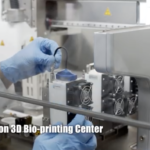
Researchers at Israel’s Institute of Technology, the Haifa based Technion, are developing complex & precise artificial cells, tissues and organs to aid treatment in all areas of regenerative medicine.
By Naama Barak
The Technion-Israel Institute of Technology recently launched a center for the printing of cells, tissues and organs, where 3D scaffolds and cells that grow into tissue are constructed to aid treatment in all areas of regenerative medicine.
Three-dimensional printing of tissue helps researchers develop complex and precise artificial tissues that improve their integration in target organs. This involves the creation of tissue containing a developed system of blood vessels that quickly connect to patients’ own blood vessels. Continue Reading »




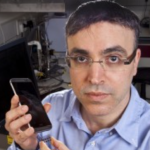
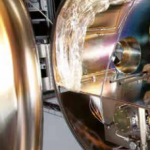

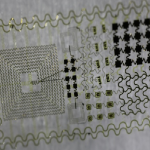
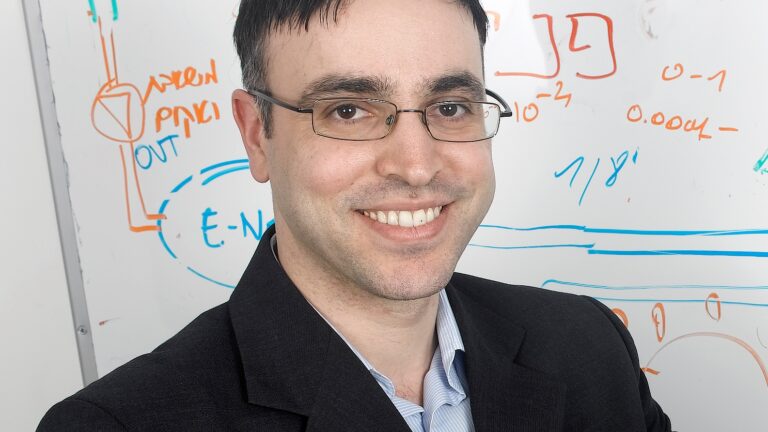









 Israeli New Shekel Exchange Rate
Israeli New Shekel Exchange Rate